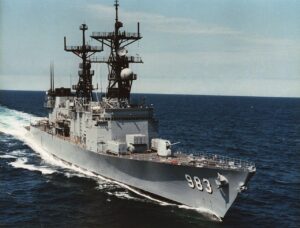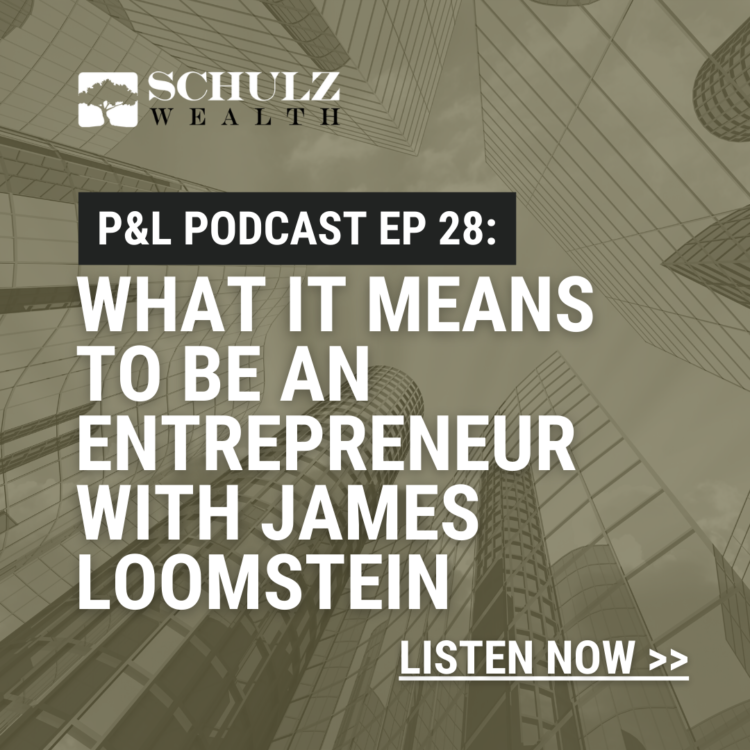Over twenty years ago, I remember standing on the bridge wing of the USS John Rodgers, a US Navy Destroyer. As Officer of the Deck, I was in charge. We were cruising at 15 knots, receiving fuel and supplies from a tanker alongside just 150 feet from my nose. Three spanwires ran amidships and a CH-46 Helicopter was bringing supplies aboard on the forecastle. One of our own SH-60 Helicopters was in a hover alongside refueling from our boom (a very tricky maneuver). Our other helicopter was carrying out a mock search and destroy mission against a submarine up ahead while A-4 Skyhawks screamed at us from the West in an air missile attack simulation.
That was when I learned what situational awareness felt like. It’s a term we used in the Navy to describe the correct frame of mind for driving and fighting a ship. No dwelling on decisions already made, or hoping for some kind of positive outcome. Situational awareness is about being present in the moment with all senses alive; listening, evaluating, and responding to the environment in real time.
That feeling, of being present in the moment, is something I try to find in everything.
With regard to financial planning, situational awareness starts with knowing how much we spend, how much we make, what we own, and what we owe. From there we identify action items that can be implemented immediately; based upon the current state of things. Awareness also means regular and ongoing (in our case weekly) monitoring of asset balances and fluctuations.
People tell me all the time “I’d rather not know what my investments are doing”. My answer is “you need to know, it’s your money, and knowing helps you succeed at doing”.
On the portside bridge wing that many years ago, any one of a number of things could have gone wrong and it would have been my responsibility. Fortunately, I had been trained to focus my attention on all of the information available to me instead of the consequences of missing something. I remember how calm I felt, and the confidence I had in my decisions. Situational awareness is a great state of mind. Try it.
RS
.png)




Leave a Comment